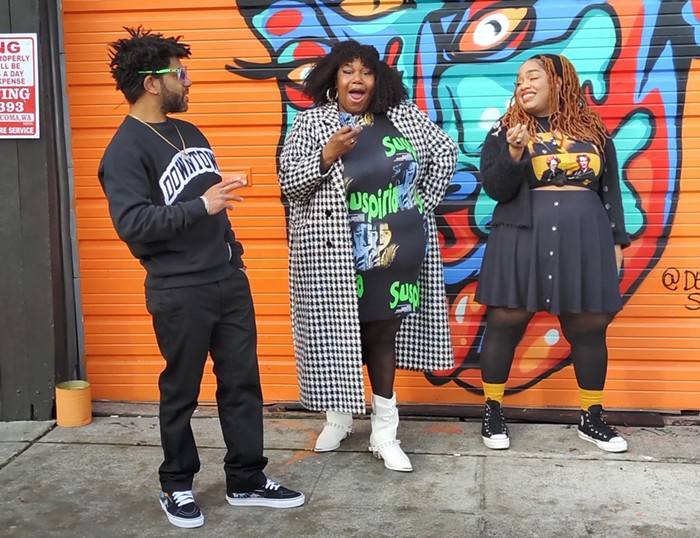
Not everyone was on board with legal weed when Initiative 502 was passed in 2012—in fact, 56 percent of Benton County (a rural area in Eastern Washington) voters were against it. Now, the county wants an “emergency moratorium” on both possession and producing weed, leaving new growers and retail stores in the lurch (it won’t affect the ones already operating there).
It’s totally possible for counties, cities, and tribal territories to decide to ban pot, even if it’s legal in the state. Franklin County did it, and the Yakama Nation also banned it within their reservation, for example. And The Stranger's Lester Black wrote about the culture clash of conservative communities with cannabis producers in Chelan County recently as well.
Benton County didn’t seem to have a problem with the dank bud in their midst at first. But because nearby Kennewick banned weed, the tiny town of Finley has 25 percent of all the pot shops and producers in the county. Soon enough, Finley’s citizens started to complain: During harvest time, the whole dang town stunk like weed. Weed stench began to seep into the hearts and lungs of young innocents doing their learnings in schools; visiting high school football teams were getting idea that the town was filled with a bunch of stoners; and so on.
The final straw seemed to be when the Liquor Control Board allowed a fourth store, Nirvana Cannabis Co., to set up shop in the town.
West Richland City Councilman John Smart urged his colleagues to cancel Nirvana’s license, stating that “because of the lack of communication with citizens and our local municipality, only our commissioners can be held responsible for fleeing from the fight and allowing this outright assault on our families, our community and our church.”
Other issues that concerned citizens of Finley include traffic caused by the pot shops and the prevalence of “drug trafficking in a neighborhood that includes a preschool, church, school bus stops and homes.”















